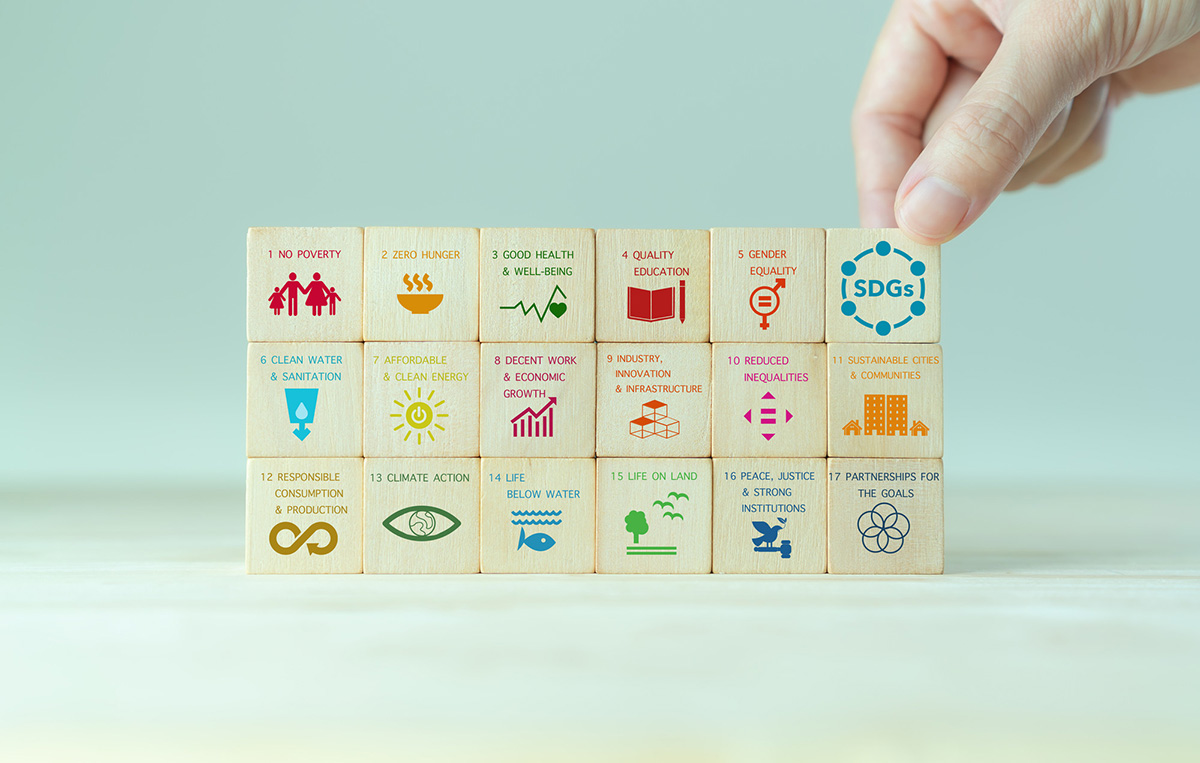The University of Cape Town (UCT) has been ranked 9th for clean water and sanitation, while also performing well in three other United Nations Sustainable Development Goals (UN SDGs). This is according to the annual list published by Times Higher Education (THE).
The THE Impact Rankings measure the success of universities in delivering the UN SDGs. Universities can choose to enter some or all of the 17 goals, and UCT chose to participate in nine.
Clean water and sanitation (Goal 6), a first-time submission, was ranked in the top 10 in the world at 9th position. A further three areas were placed within the top 100:
- no poverty (Goal 1) at 51st
- gender equality (Goal 5) at 47th
- partnerships for the goals (Goal 17) tied at 76th.
The remaining five areas all ranked within the top 200.
“We are fast running out of time to achieve the targets set out in the Sustainable Development Goals by 2030, particularly on the African continent, which is at the sharp end of these challenges,” said Vice-Chancellor (Interim) Emeritus Professor Daya Reddy.
“The Impact Ranking results demonstrate UCT’s commitment to contribute towards addressing the continent’s grand challenges.”
“It is more important than ever for institutions of higher education to pursue the agenda through collaborative research of high quality, while also educating the next generation of leaders and having them set an example on their own campuses. UCT’s Vision 2030 commits the university to ‘Unleash human potential to create a fair and just society’. This vision, we feel, encapsulates the mission of the UN SDGs and the African Union Agenda 2063, the latter of which importantly provides continent-specific goals. The Impact Ranking results demonstrate UCT’s commitment to contribute towards addressing the continent’s grand challenges.”
This is the third year that UCT has participated in these relatively new rankings (introduced as a pilot in 2019).
UCT submitted information for nine SDGs this year, of which four were ranked among the top 100 globally:
- SDG 1 – no poverty: 51st
- SDG 3 – good health and well-being: 101–200 band
- SDG 5 – gender equality: 47th
- SDG 6 – clean water and sanitation: 9th
- SDG 8 – decent work and economic growth: 101–200 band
- SDG 10 – reduced inequalities: 101–200 band
- SDG 11 – sustainable cities and communities: 101–200 band
- SDG 16 – peace, justice and strong institutions: 101–200 band
- SDG 17 – partnerships for the goals: 76th (tied)
UCT was placed in the 101–200 band in the overall global ranking.
“Placing 9th in the world for SDG 6 focused on clean water and sanitation is an achievement of which we are particularly proud,” said Professor Sue Harrison, the Deputy Vice-Chancellor for Research and Internationalisation. “Water scarcity is an increasing threat to health and well-being on the African continent, particularly in urban environments. Further, its scarcity constrains developments in both industry and agriculture, demanding effective re-use of fit-for-purpose quality water. UCT’s Future Water Institute produces impactful research in this field by pulling together researchers across disciplines, and from all UCT’s faculties, to increase knowledge and understanding, and to produce potential solutions, collaborating closely with communities, policy makers and industry.”
Methodology
To produce their impact rankings, THE uses indicators in four broad areas:
- Research: universities create knowledge to address the world’s problems and help to deliver the SDGs.
- Stewardship: universities act as stewards of their resources, including physical resources, employees, faculty and students. This is a key factor in delivering the SDGs.
- Outreach: the work that universities do with their local, regional, national and international communities is another way that they can have an impact on sustainability.
- Teaching: plays a critical role in ensuring that there are enough skilled practitioners to deliver on the SDGs and in making sure that alumni take forward the key lessons of sustainability into their future careers.
Each university’s total score in a given year is determined by its combined performance in its top three SDGs (each counting 26%) and SDG 17 (counting 22%). The score for the overall ranking is an average of the last two year’s total scores.
View the complete 2023 THE Impact Rankings.
Read about the methodology of the 2023 THE Impact Rankings.
Credit:Source link



